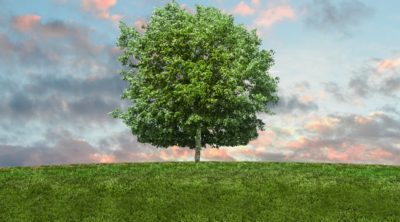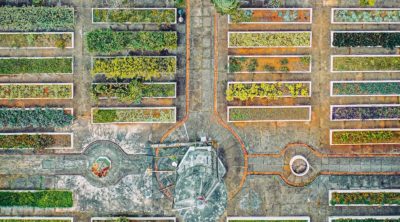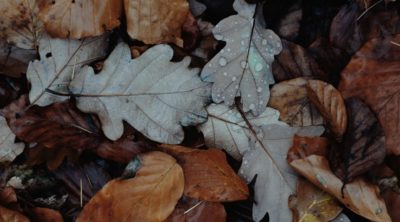If you’re reading this, then you already know how valuable mulch can be for a garden or landscape. Understanding why mulch is useful is easy. The (somewhat) trickier part is figuring out when to mulch and just how much to use.
Both of these are important topics that will profoundly influence your garden. In this article, we’re just going to focus on the first of these two topics: when to mulch for the best results.
When to Mulch?
When the winter comes to a close and things start heating up, gardenerds and landscapers inevitably scurry back outside to start doing some spring touch-ups. This is generally around the time that people start to apply mulch, as well.
However, hearing this has led to cases of people mulching their gardens as soon as the frost thaws. Don’t do this. It’s important to make sure that you give the soil a bit of time to heat up before you start mulching.
Naturally, that depends on where you live. For most of us, you’ll probably want to wait until mid-to-late spring before you start mulching. If you live in a region where the ground never really gets cold, then you probably don’t have much to worry about.
If you don’t do that then you risk interfering with the soil warming. That would ultimately slow down your entire gardening experience.
What About Plant Growth?
The other question is when you should mulch in terms of plant growth.
As you likely know, mulch is a great weed preventative. That’s because it blocks off sunlight, preventing weeds from growing. This is great, but this works for the plants that you want to grow, too. This means that you want your plants to have a solid head-start before you mulch over them unless you’re using an extremely thin layer of mulch, which some seedlings may be able to penetrate.
What About Winter/Fall Mulching?
There are some pros and cons to winter and fall mulching. Some love to mulch in fall, others think it’s a terrible idea.
Pros of Fall/Winter Mulching
- Spring is busy, and mulching ahead of time in fall frees up time for other activities.
- It’s cooler in fall/winter and mulching is hard work. This can make it more pleasant.
- You’ll get more gardening time in during a season that is usually less productive.
Cons of Fall/Winter Mulching
- If you like to leave perennial stems over winter, you should avoid fall mulching.
- Self-sowing seeds also struggle to propagate on the mulched ground.
- You’ll have to time things properly, lest you end up with your unused mulch pile covered in snow!
Conclusion
Mulching your garden is one of the best decisions that you’ll make. Mulch helps to reduce weeds and can keep your garden looking neat and organized. Learning the best timing is the best way to make sure that you mulch your garden properly.
Mulching is also a great addition to homemade garden beds. Consider taking the time to make your own raised garden beds which are a great addition even if you want to put them on top of concrete.


